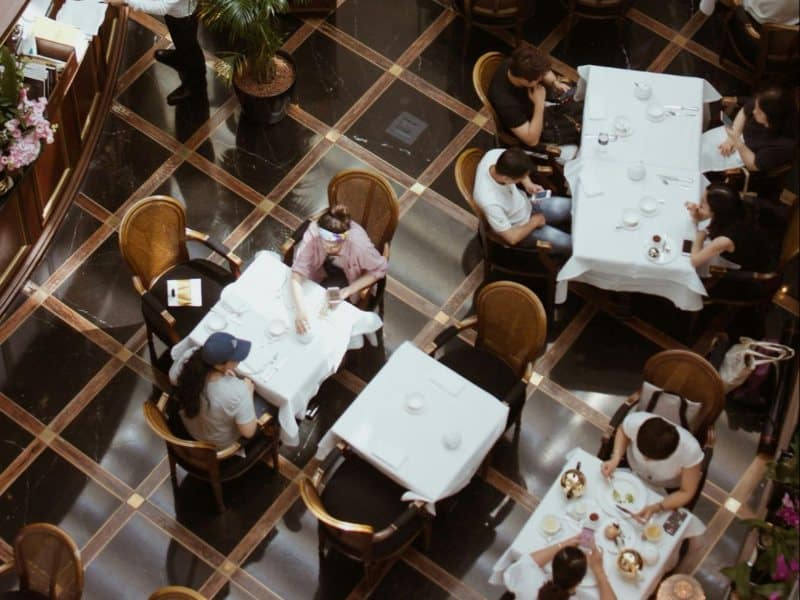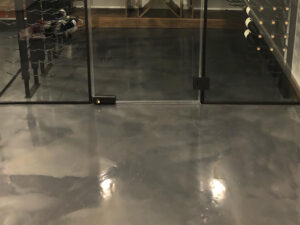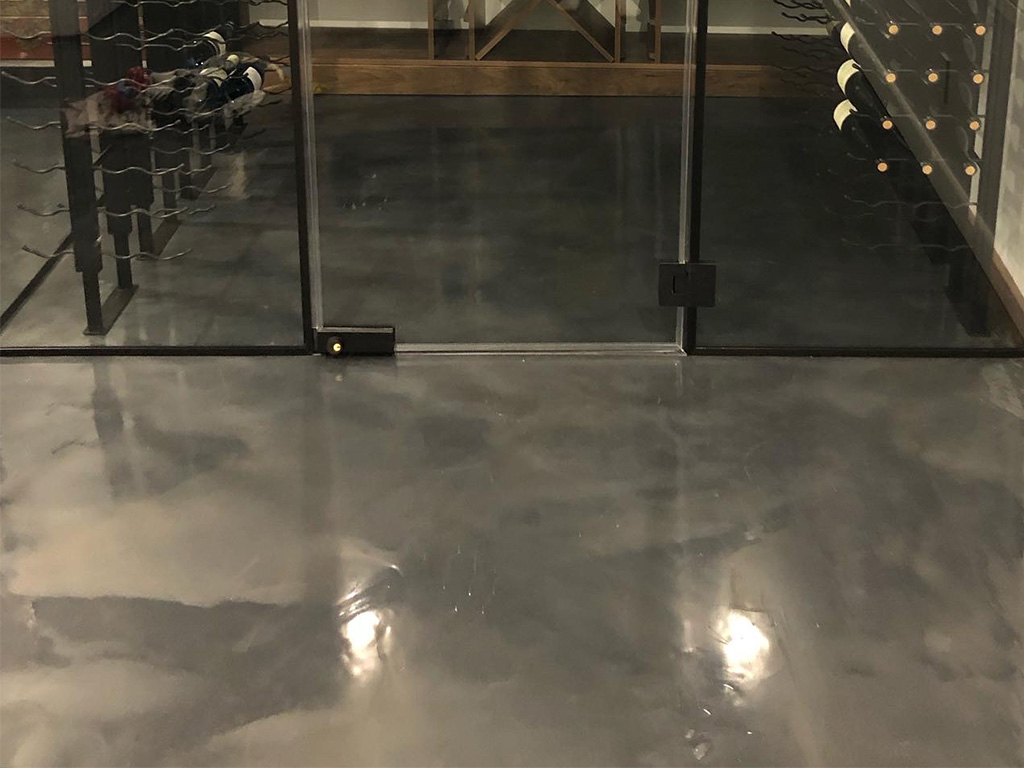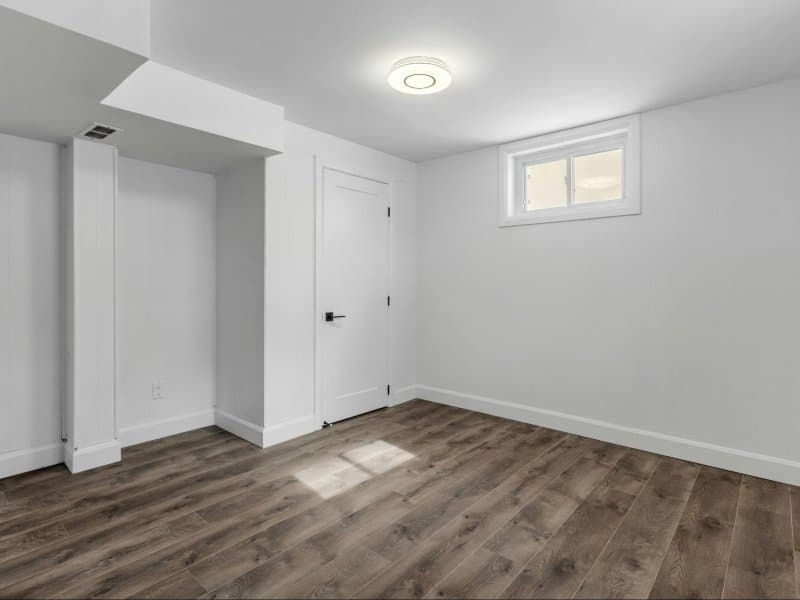In the restaurant industry, maintaining cleanliness and hygiene standards is paramount to ensuring the health and safety of customers and staff. While cleaning and sanitation protocols are crucial in all areas of a restaurant, special attention must be paid to the floors. Restaurant floor coatings play a vital role in upholding hygiene standards, preventing contamination, and creating a safe environment for food preparation and service. This article will explore the importance of restaurant floor coatings in maintaining cleanliness and hygiene standards.
Importance of Clean Floors in Restaurants
Clean floors are essential in restaurants for several reasons.
- Preventing Contamination: Floors can harbor bacteria, dirt, grease, and other contaminants, which can pose health risks if they come into contact with food or food preparation surfaces.
- Ensuring Food Safety: Food safety regulations require restaurants to maintain clean and sanitary conditions to prevent foodborne illnesses. Contaminated floors can contribute to cross-contamination and foodborne outbreaks.
- Enhancing Appearance: Clean and well-maintained floors contribute to the overall appearance and ambiance of a restaurant, creating a positive impression on customers.
- Improving Safety: Dirty or slippery floors can pose safety hazards for both customers and staff, increasing the risk of slips, trips, and falls.
Given these factors, restaurants must implement effective cleaning and maintenance practices for their floors.
Role of Restaurant Floor Coatings
Restaurant floor coatings play a significant role in maintaining cleanliness and hygiene standards. These specialized coatings are designed to provide a durable, seamless, and easy-to-clean surface that resists stains, spills, and bacterial growth. Here are some ways in which restaurant floor coatings contribute to hygiene:
- Sealing Porous Surfaces: Many traditional flooring materials, such as concrete or tile, have porous surfaces that can trap dirt, moisture, and bacteria. Restaurant floor coatings create a sealed barrier that prevents contaminants from penetrating the surface, making it easier to clean and sanitize.
- Resistance to Chemicals and Cleaning Agents: Restaurant floor coatings are formulated to withstand frequent cleaning with harsh chemicals and disinfectants without deteriorating or losing their protective properties. This ensures that floors can be thoroughly cleaned and sanitized without compromising their integrity.
- Non-Porous and Seamless Finish: Unlike traditional flooring materials that have grout lines or seams where dirt and bacteria can accumulate, restaurant floor coatings create a seamless and non-porous surface that inhibits microbial growth and simplifies cleaning.
- Slip-Resistance: While smooth surfaces are easier to clean, they can also pose a slip hazard, especially in areas prone to spills or moisture. Many restaurant floor coatings incorporate slip-resistant additives to improve traction and reduce the risk of slips and falls without compromising hygiene.
- Durability and Longevity: Restaurant floor coatings are designed to withstand heavy foot traffic, spills, abrasion, and other wear and tear associated with restaurant operations. By providing a durable and long-lasting surface, they help maintain cleanliness standards over time.
Types of Restaurant Floor Coatings
Several types of floor coatings are commonly used in restaurants, each offering unique benefits:
- Epoxy Flooring: Epoxy coatings are popular for their durability, chemical resistance, and seamless finish. They are available in a range of colors and can be customized to meet specific aesthetic and functional requirements.
- Urethane Flooring: Urethane coatings offer excellent chemical resistance and UV stability, making them suitable for both indoor and outdoor use. They are often used in commercial kitchens, food processing facilities, and other high-traffic areas.
- Polyaspartic Flooring: Polyaspartic coatings provide fast cure times, allowing for quick installation and minimal downtime. They are highly resistant to abrasion, chemicals, and UV exposure, making them ideal for demanding restaurant environments.
- Anti-Microbial Flooring: Some restaurant floor coatings incorporate anti-microbial additives that inhibit the growth of bacteria, mold, and mildew, further enhancing hygiene standards.
Maintenance Tips for Restaurant Floor Coatings
While restaurant floor coatings offer many benefits for cleanliness and hygiene, proper maintenance is essential to ensure their longevity and effectiveness. Our friends at Blackrock Industrial have provided us with some maintenance tips for restaurant owners and managers:
- Regular Cleaning: Implement a regular cleaning schedule to remove dirt, grease, and spills from the floor surface. Use mild detergents and non-abrasive cleaning tools to avoid damaging the coating.
- Prompt Spill Cleanup: Immediately clean up spills to prevent staining and avoid potential slip hazards. Use absorbent materials such as towels or mop up spills with a neutral pH cleaner.
- Avoid Harsh Chemicals: While restaurant floor coatings are designed to withstand cleaning with harsh chemicals, excessive use of acidic or abrasive cleaners can damage the finish over time. Use only recommended cleaning products and follow manufacturer guidelines.
- Routine Inspections: Periodically inspect the floor coating for signs of wear, damage, or delamination. Address any issues promptly to prevent further damage and maintain hygiene standards.
- Reapply Coating as Needed: Depending on the type of floor coating and the level of wear and tear, periodic reapplication may be necessary to maintain optimal performance. Consult with a professional contractor to determine the best course of action.
- Educate Staff: Train restaurant staff on proper cleaning techniques, including the use of cleaning agents, tools, and equipment. Encourage them to report any maintenance issues or concerns promptly.
Conclusion
Maintaining cleanliness and hygiene standards is essential for the success and reputation of any restaurant. Restaurant floor coatings play a crucial role in achieving these standards by providing a durable, easy-to-clean, and hygienic surface that resists contamination and promotes food safety. By choosing the right type of floor coating and implementing proper maintenance practices, restaurant owners can create a safe and inviting environment for customers and staff alike. Investing in high-quality floor coatings is not only a sound business decision but also a commitment to upholding the highest standards of cleanliness and hygiene in the food service industry.








